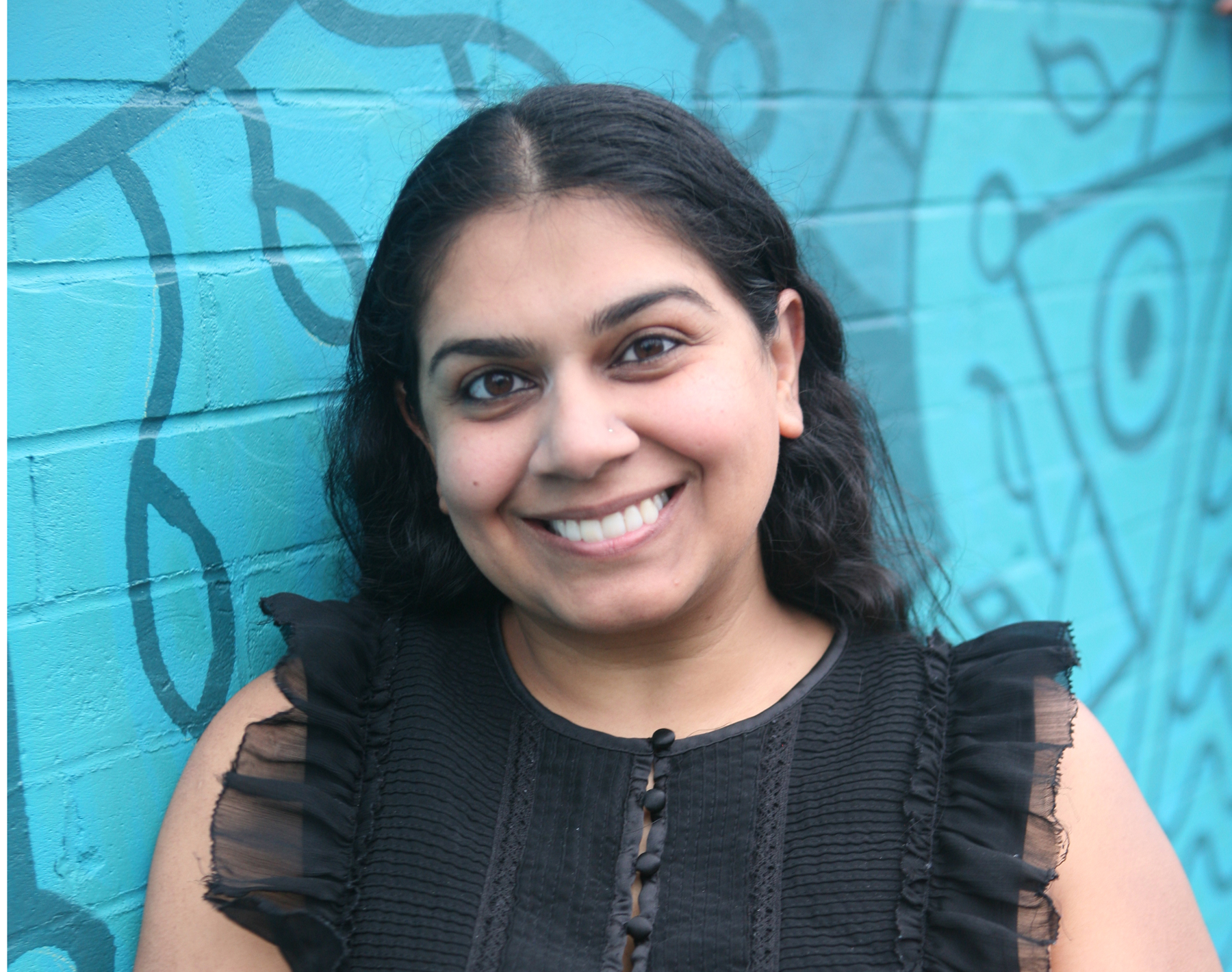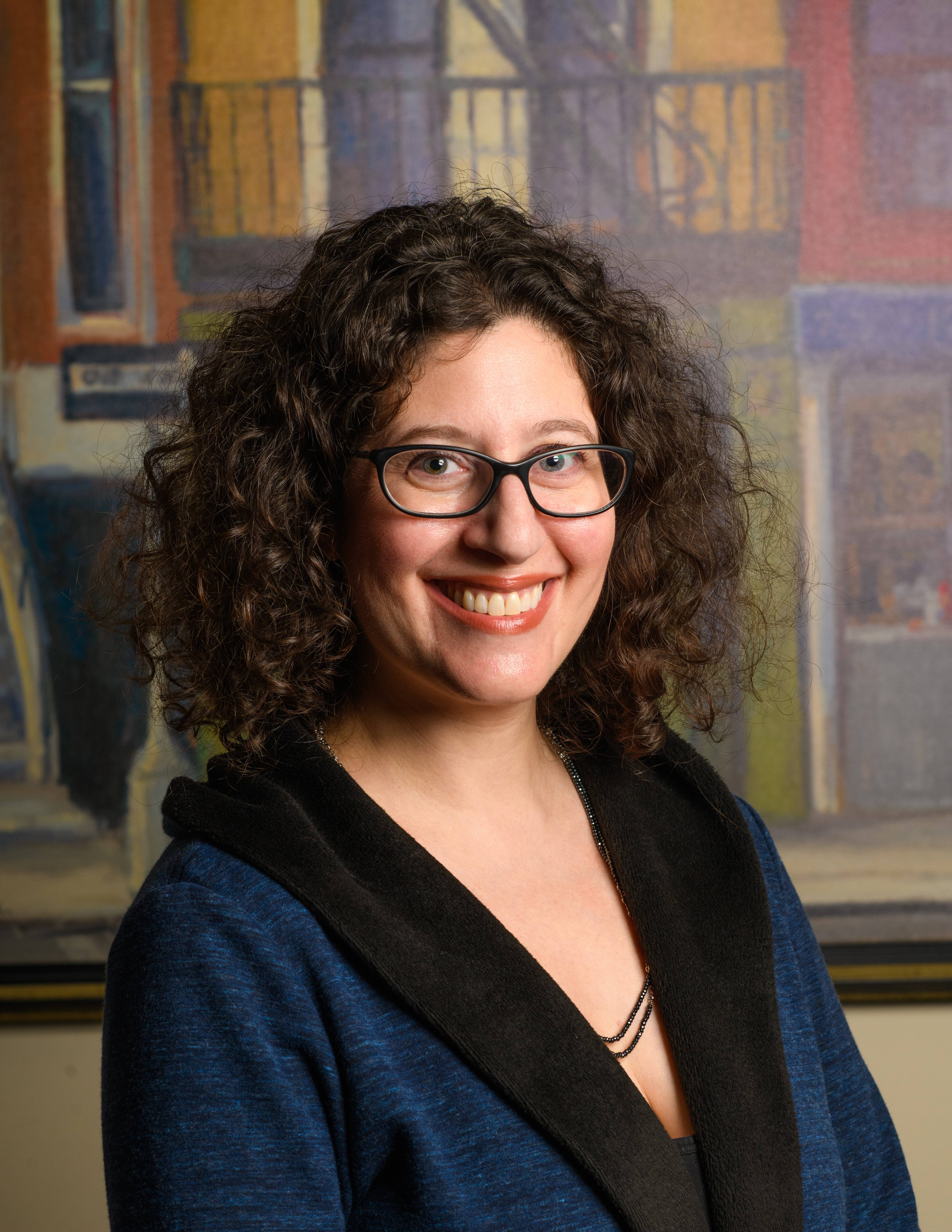About
Grayson Schultz is an activist, educator, researcher, and writer currently living in Ohio. He focuses heavily on issues around health equity, the LGBTQ+ community, and the disabled and neurodivergent communities. He also runs Chronic Sex, an award-winning website and podcast focused on discussing living well with disability and neurodivergence, with a particular focus on self-work, relationships and sexual health.
Grayson is an AuDHDer, meaning he is both autistic and has ADHD.
In his free time, Grayson enjoys cooking, gaming, and hiking around Appalachia and the Adirondacks.
Experience
Grayson has been a freelance writer for over a decade. Throughout his writing career, he has worked with organizations & companies in the medical, research, advocacy and disability justice fields. He has had multiple pieces published in academic journals and news sites as well.
Education
MS in Healthcare Administration, Utica College (2017)
BA in Religious Studies, History, and Political Science, Carroll University (2010)
Meet Our Other Writers
Recent Articles by
Grayson Schultz

Mastering Autism Job Interviews: Strategies for Success
Job interviews can be especially challenging for autistic adults. Many formats rely on small talk, rapid responses, and interpreting subtle social cues—skills that may not come naturally to everyone. But that doesn’t mean autistic candidates aren’t qualified. It means the hiring process wasn’t built with neurodivergent minds in mind.
Understanding how autism can influence communication, sensory needs and stress responses helps autistic job seekers prepare with greater clarity and confidence. Accommodations can make the interviewing process easier.
By recognizing what works best for them, autistic individuals can approach interviews with greater confidence. With preparation and self-advocacy, the process becomes not only manageable but empowering.

Apps and Tools to Help Autistic Adults Stay Organized: A Comprehensive Guide
Staying organized can be especially challenging for many autistic adults. Executive functioning differences—like difficulties with time management, task initiation or shifting between activities—can make it hard to stay on top of daily responsibilities. These challenges aren’t about laziness or lack of motivation—they’re a neurological reality that can affect every area of life.
That’s where productivity tools and apps come in. When designed with neurodiversity in mind—or thoughtfully chosen to match your specific needs—these tools can provide structure, reduce stress and support independence.
Features like visual schedules, task timers, checklists, reminders and minimal, uncluttered interfaces can make a world of difference in turning overwhelming routines into manageable steps.
For many autistic adults, finding tools that match how their brain works can lead to meaningful improvements in focus, follow-through and daily well-being.

Mastering ACCEPTS: A Guide for Autistic Adults to Dialectical Behavior Therapy Skills
Dialectical behavioral therapy (DBT) teaches practical tools for managing emotions and coping with distress. While it was originally developed to help those with borderline personality disorder (BPD), people who are neurodivergent or dealing with many mental health conditions can find DBT-based tools helpful.
For many adults with autism spectrum disorder, the DBT skill “ACCEPTS” is helpful during moments of sensory overload, executive functioning fatigue or emotional dysregulation. It offers simple ways to shift focus and make space to regulate before taking action.
Let’s take a closer look at what each part of ACCEPTS means and how you can make it work for you.
.webp)













